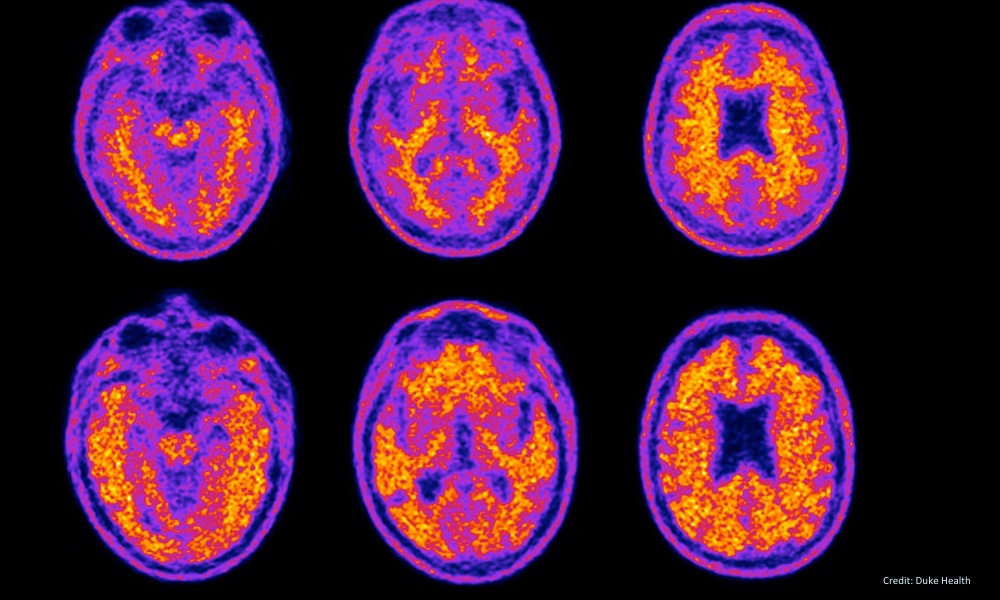Inflammation may be responsible for much of the mental decline of people as they age. Several findings in brain research support this idea, and scientists have even been able to reverse some of the most telling symptoms in aging mice by giving them a drug that reduced the inflammation in their brains.
The culprit seems to be a leaky blood-brain barrier. Most of the details so far come from mice and rats, but studies of people's brains tell a similar story.
The most encouraging finding so far is that an experimental drug called IPW allowed senile mice to navigate mazes and learn spatial tasks as if they were much younger. The drug also decreased brain inflammation, and the brains of the mice that received the drug resembled those of young mice in MRI scans.After age 70, nearly 60 percent of adults have a leaky blood-brain barrier, researchers say.
Researchers from the University of California, Berkeley have been able to trace the problems caused by a leaky blood-brain barrier in rodents to a change that occurs in brain cells called astrocytes. Chemicals that leak in, such as the common blood protein albumin, attach to a portion of the astrocyte known as a TGF-beta receptor. This sets in motion a cascade of inflammatory responses that culminate in cell damage or even death.
The drug IPW prevents albumin and presumably other invading substances from attaching to the receptor. This appears to be the reason for the older mice's mental resurgence. The hope is that similar results can be achieved in people, if not with IPW, then with other drugs.
The researchers have also uncovered hints that defects in the blood-brain barrier may play a role in the symptoms of Alzheimer's disease. This comes from electroencephalographs (EEGs) of Alzheimer's patients. In these recordings, there is a repeated short-term slowing in brain rhythm that they call non-convulsive seizures. The worse people's Alzheimer's symptoms are, the more frequently these slowdowns in brain rhythm occur.
Similar changes in brain rhythm are seen between seizures in epilepsy patients and in people with mild cognitive impairment. And when mice had albumin introduced into their brains, simulating a leaky blood-brain barrier, they also began to display these slowed-down brain rhythms, suggesting the possible involvement of a leaky barrier in people.
Articles on the mental recovery of IPW-treated mice and brain wave alterations in Alzheimer's disease patients appear in Science Translational Medicine.





